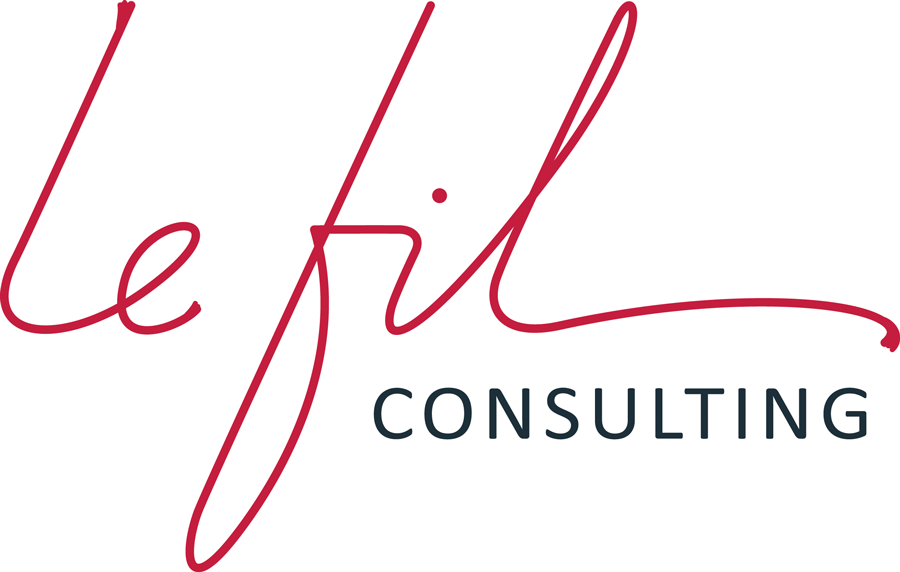Two thirds of rural water systems in Kenya’s arid and semi-arid lands (ASALs) are severely dysfunctional within 3-5 years of construction, and about one third are non-functional at any point in time (World Bank, 2015).
To understand the feasibility of an business model in which operations & maintenance (O&M) services for water systems are reliable and cost-effectively provided via 3rd-party private sector operators, Oxfam & Le Fil Consulting have partnered in order to identify the most impactful potential ‘levers’ to increase the sustainability of rural, remote water schemes in the ASALs, and measure their cost effectiveness thanks to an extensive financial modelling.
The initial investigation found 3 sustainability ‘levers’:
– bundled service contracts, reducing downtime and cost by systematically embedding preventative maintenance
– avoidance of tariff leakage with automated tariff collection and cashless payment systems
– availability of O&M funds via the introduction of a “capex tax”.
In 2020, LeFil and Oxfam have launched a large-scale pilot in Turkana, to establish a proof of concept for the proposed levers.
You can find a poster summarizing the findings here and the full report here .
